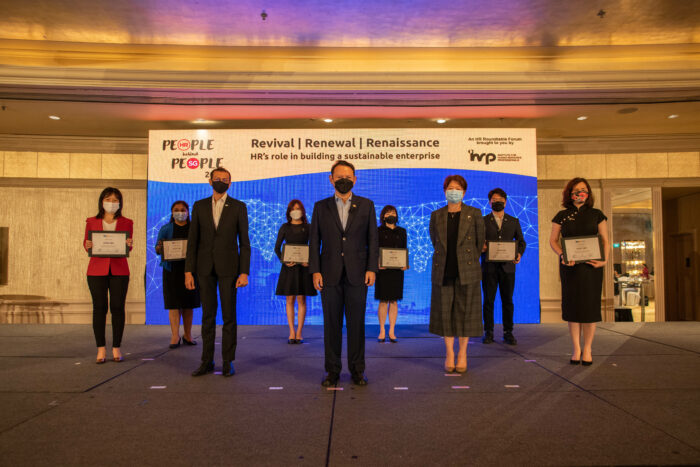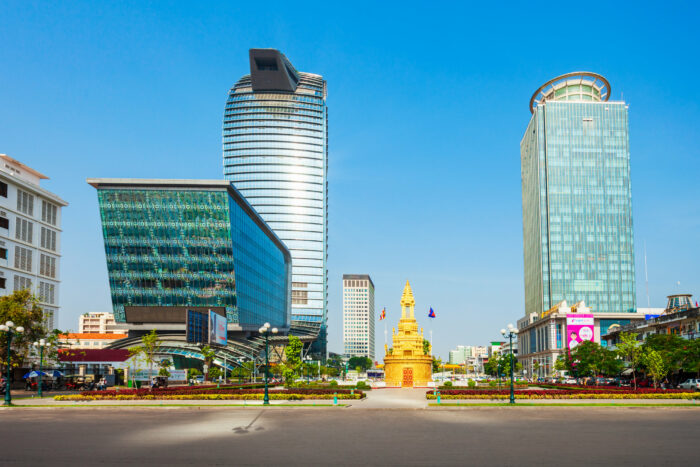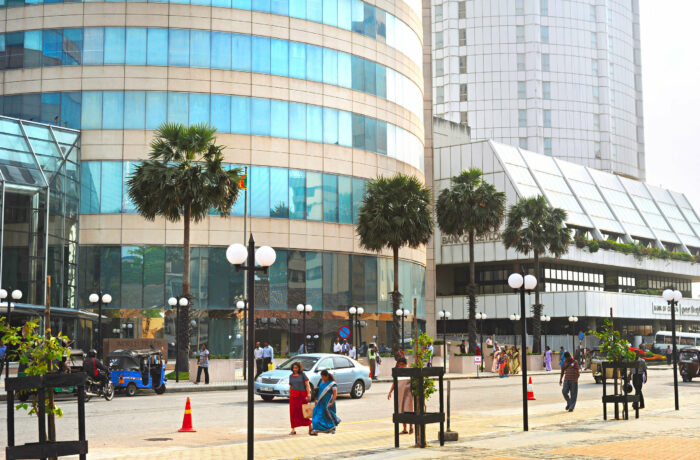Indonesia to implement job-loss insurance in 2022

The government is committed to implementing the Job Loss Insurance (JKP) programme, commencing 2022, said the Manpower Ministry.
Gig jobs see growing popularity in South Korea

There are about 220,000 people working as gig workers for online platforms, which account for 8.5% of the country’s total workers.
Singapore prepares for employees’ return to office

About 97% of the labour force have been fully vaccinated against COVID-19 with about 75,000 workers still unvaccinated as of December 5.
Malaysia launches three new HR initiatives

Under the purview of the HR ministry, these initiatives aim to build sustainable human capital in Malaysia.
Prenatal leave sought for working fathers-to-be in Taiwan

Democratic Progressive Party legislator Fan Yun has called on the government to grant expectant fathers a week of prenatal leave.
Most workers support COVID-19 vaccine and mask mandates

Workers who were most supportive of workplace vaccinations those who most likely to say that they would receive vaccinations to keep their jobs.
Malaysian union wants minimum wage to reflect cost of living

The Malaysian Trades Union Congress (MTUC) has called on the government to hike the minimum wage next year amid a rise in the cost of living.
Nine businesses in Singapore double paid paternity leave from 2022

Fathers who work in these firms will be able to enjoy four weeks of paternity leave, an increase from two weeks under current regulations.
Majority of Japanese companies to freeze or cut wages next year

About 54% of companies plan to keep salaries, including bonuses, unchanged next fiscal year, 4% plan to cut them and 42% expect to raise wages.
One in three Australian employers have fired unvaccinated workers

The survey of 760 human resource professionals also showed that 85% of workers in workplaces with vaccine mandates supported them.
Malaysia registers lowest unemployment rate since last April

The jobless rate in the country dropped to 4.3% in October, falling 0.2 percentage point month-on-month and was the lowest since April 2020.
Concern over 7 million underemployed workers in the Philippines

This is defined by the Department of Labour and Employment as workers in part-time roles looking for longer working hours or higher-paying jobs.
Singapore identifies core skills required for selected sectors

The “priority skills” workers need to have for the next three years are in the key growth areas of the digital, green and care sectors.
Australia funds A$10 million data tool to plug skills gap

The government hopes the tool can help ensure workforce policy and industry-specific workforce plans are data-driven.
Job-creation programme addresses unemployment in the Philippines

To help people displaced by the pandemic, the Department of Public Works and Highways (DPWH) has launched a job-creation programme.
Cambodia ramps up credit financing for SMEs to US$140 million

As of November 30, 790 SMEs in the country have received financial support, amounting to US$99.8 million in loans.
More Malaysian companies raising employees’ salaries

More employers are increasing the wages of their employees this year compared with 2020, reflecting a positive business recovery in the country.
Increased demand for data and digital skills in Australia

In the next five years, more than nine out of 10 jobs in the country will also require post-school qualifications.
HR playing a key role in building sustainable enterprises

IHRP’s “The People Behind People Forum” recognises the contributions of Singapore’s HR community to wellbeing and business continuity.
Japan incentivises salary hikes with tax deduction

The government is encouraging smaller companies to raise staff salaries with tax deductions of up to 40%, and 30% for bigger companies.
South Korea sees rise in job additions in 2020

Total jobs reached 24.72 million last year, up 710,000, or 2.9% from the previous year, marking the largest jump in job additions since 2016.
Unemployment rate in the Philippines falls month-on-month

The jobless rate fell from 8.9% in September to 7.4% in October as more relaxed pandemic measures allowed people to find work.
Cambodia to extend tax exemptions to COVID-19 hard hit sectors

The government would continue to provide tax preferences and subsidies to industries that were impacted severely by the pandemic.
Malaysia aims to grow jobs and reduce unemployment in 2022

The government has allocated RM4.8 billion (US$1.1 billion) to generate 600,000 job opportunities under Budget 2022.
Japan to raise premium for employment insurance

The government wants greater premium payments from employers and employees as the employment insurance system is running low on funds.
Sri Lanka to provide social security for informal sector workers

The government is planning to make social security benefits available to insurance agents, journalists, carpenters, masons, labourers and domestic workers.
India plans to plug gaps in employment data by 2022

Data on informal workers is scarce and can currently only be collected from an online portal launched in August, called e-Shram.
Malaysia’s new HRD Corp to manage national HR matters

The newly rebranded Human Resources Development Corporation will be the central agency for all human resource development programmes.
Japan’s largest labour organisation calls for 4% pay hike

In wage negotiations held earlier this year, businesses had agreed to an average 1.78% wage hike, in response to expectations of a 4% pay hike.
China’s government bodies to pay SMEs on time

Government entities purchasing goods, projects and services from SMEs should make payments between 30 and 60 days upon completion of the order.
